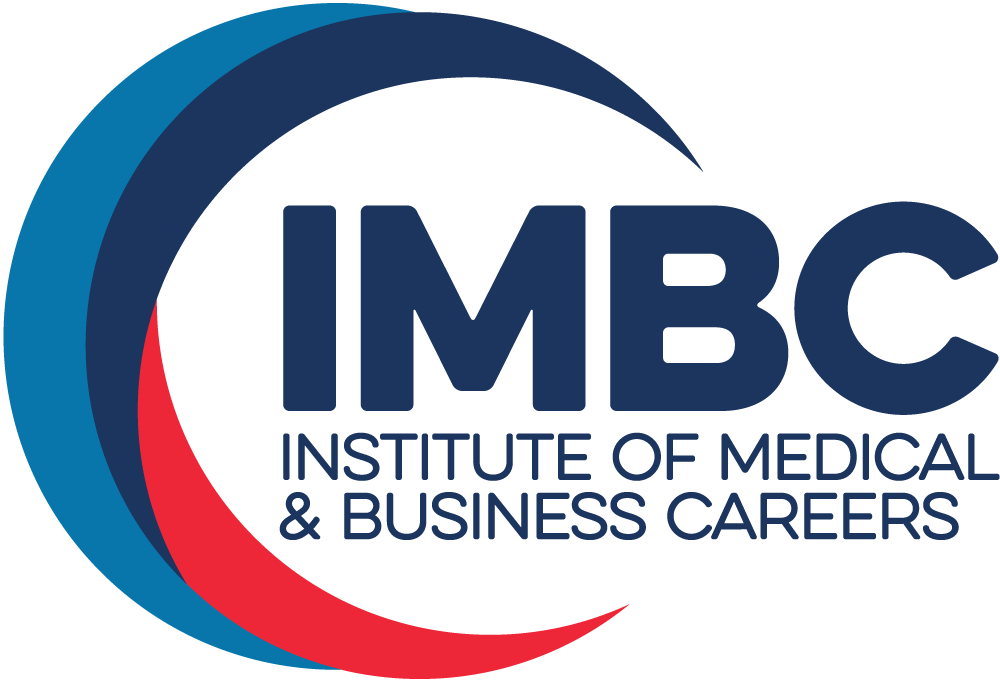A medical office administrator oversees the administrative functions of a healthcare facility, handling patient scheduling, maintaining medical records, processing billing, and facilitating communication between staff and patients. This role requires strong organizational skills, attention to detail, and a solid understanding of healthcare administration. Understanding these core competencies can help individuals prepare for a successful career in the field.
Responsibilities of a Medical Office Administrator
The daily operations of a healthcare facility rely on skilled administrative professionals to keep things organized and efficient. Responsibilities include managing patient records, scheduling appointments, processing billing and insurance claims, and facilitating communication between doctors, patients, and staff. By handling these tasks, they help healthcare providers focus on patient care.
Beyond administrative duties, medical office administrators may also manage office supplies, maintain a well-organized workspace, and assist with patient inquiries. Their work contributes to a professional and supportive environment for both patients and staff.
Necessary Skills for Medical Office Jobs
Those who excel in medical office jobs typically have the following skills:
- Organization: Keeping track of patient appointments, medical records, and billing requires strong organizational aptitude to maintain an efficient workflow.
- Communication: Regular interaction with patients, healthcare providers, and insurance companies make clear and professional communication essential for effective office management.
- Attention to Detail: Accuracy is required when updating medical records, processing insurance claims, and managing billing to prevent errors and maintain compliance.
- Technical Proficiency: Working with electronic health records (EHR) systems, scheduling software, and billing platforms requires familiarity with healthcare-related technology.
- Problem-Solving: Addressing scheduling conflicts, billing discrepancies, and patient concerns requires the ability to assess situations quickly and find effective solutions.
- Knowledge of Healthcare Regulations: Understanding privacy laws such as HIPAA is necessary to maintain compliance and protect patient information.
Steps to Become a Medical Office Administrator
- Complete a Formal Education Program: Enrolling in a structured training program, such as the Medical Office Administrator program at IMBC (Institute of Medical and Business Careers), provides the foundational knowledge needed for the role. Courses cover medical billing, healthcare regulations, office management, and administrative expertise.
- Gain Practical Experience: Working in entry-level healthcare positions, such as a medical receptionist or administrative assistant, helps develop real-world skills in patient interactions, scheduling, and medical record management.
- Obtain Certification:While not always required, certification can improve job prospects. Earning credentials such as the Certified Medical Office Administrator (CMOA) designation demonstrates expertise and commitment to the field.
- Stay Informed on Industry Trends:The healthcare industry is constantly evolving. Continuing education and staying up to date on medical office technologies and regulations can enhance career opportunities.
Start Your Career with IMBC’s Medical Office Administrator Program
IMBC offers a comprehensive training program designed to prepare students for rewarding medical office jobs. With hands-on learning, experienced instructors, and a curriculum focused on industry best practices, students gain the skills needed to succeed in healthcare administration.
Take the first step toward a rewarding career—enroll in the IMBC Medical Office Administrator program today!
